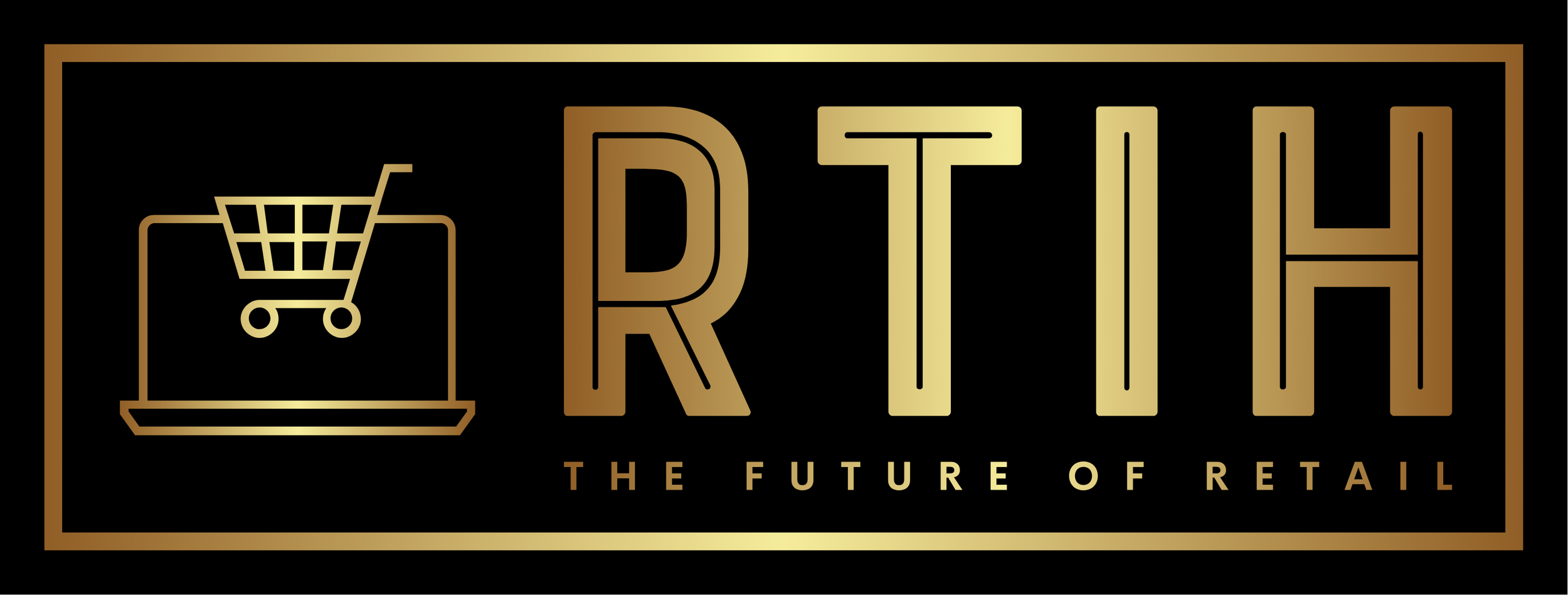Securing customer data: best practices for online retailers in the age of cyber threats
In 2006, British mathematician Clive Humby famously said that data is the new oil. Almost 20 years later it seems to be true, as almost every company is looking for ways to find and use data from existing and potential customers. However, the general public are also aware of the value of their data and are concerned about how it is being used by companies.
In fact, 79% of mobile customers say data privacy is their primary concern while shopping online. With the growth of mobile users across multiple industries, there are now plenty of safe options for mobile users when it comes to making payments.
In this article we will explore the importance of safeguarding customer data in the retail industry. We will also discuss cybersecurity best practices, including encryption, secure payment processing, and data breach prevention.
Invest in data protection software
The best way to protect your business and customers is by investing in cybersecurity tools. Start by purchasing an SSL certificate to encrypt data on your website. Encryption makes it impossible for hackers to decode customers’ data.
Next, buy a data backup tool and automate the data backup process. Backups help prevent unnecessary data loss. It also makes data recovery in case of a cyberattack or an unforeseen disaster inexpensive.
Other important security tools you need include a premium antivirus, a Virtual Private Network, firewalls, and anti-DDoS software. An antivirus program can protect you from phishing attempts, malware, viruses, and ransomware.
Firewalls and anti-DDoS solutions shield your business from malicious traffic while a VPN helps protect your employees while working. Most of these tools are inexpensive yet indispensable to a business.
Hire a cybersecurity team
A cybersecurity team can be the difference between keeping your customers’ data safe and losing it all to hackers. Hire a team of experts knowledgeable in how to monitor and prevent data threats.
A cyberattack can be devastating to a small business. According to a study by IBM, the average online business loses $4.45 million after a cyberattack. Businesses in the US, the Middle East, Canada, and Germany lose a lot more money if hacked.
In the US, a business handicapped by a cyberattack will need an average of $9.48 million to recover. Middle Eastern businesses require $8.07 on average. Canada and Germany average $5.13 million and $4.67 million, respectively.
Consider cyber insurance
Caesars Casino learned the importance of cyber insurance earlier in September the hard way. Together with MGM Grand and other casinos in Las Vegas, Caesars faced a data breach that halted nearly all its operations.
The hackers asked for a ransom worth $30M but the casino negotiated the fee down to $15 million. Caesars paid the money and said it would recover most of it through insurance claims. In other words, the ransom would not affect its annual bottom line.
Cyber insurance protects online businesses from the financial impact of a cyberattack. Insurance cannot help you recover customers’ data if you do not back it up. But it can help you save money spent as ransom to hackers or money spent to recover lost data.
Similar to regular insurance policies, cyber insurance is packaged into different types:
· First-party coverage
· Third-party coverage
· Comprehensive coverage
The difference between the first two policies is that third-party coverage does not cover loss of revenue and damage to the brand. It also does not cover ransom and any other fees paid to hackers. If you want proper coverage, choose a comprehensive insurance policy.
Comply with data privacy guidelines
In Europe, every online business must comply with the General Data Protection Regulation (GDPR). Both the UK and the US have similar guidelines. These rules dictate how you should collect and treat customers' data.
Let's take a closer look at GDPR rules. They say you need to process data transparently. You should ask for consent and collect minimal data you should only use for legitimate reasons. GDPR also requires all online retailers to use appropriate security measures.
Examples here include SSL encryption, Two-Factor Authentication, and firewalls. Additionally, you should train your employees to look out for suspicious activities that could lead to a data hack.
Another important rule is that you need to inform your customers about their data privacy rights. For example, they have a right to be informed about how you will use their data. They have a right to consent, erase, or object data collection.
Unique passwords for everyone
Although cybercriminals keep improving their tricks, they sometimes rely on employees' negligence to carry out attacks. They will often try to social engineer the passwords of key employees within your business. If that fails, they attempt a more sophisticated option.
Account protection is a simple yet important measure. Set a unique password for every account you use frequently. We are talking about both personal and business accounts.
Next, ask your employees to do the same. Have your security team help non-savvy employees on how to create smart passwords. For clarity, a strong password needs to combine numbers with letters and characters.
To ensure no one forgets passwords, buy a password manager with multiple accounts for your team. These tools keep track of passwords for easy access.
As we mentioned, passwords alone are not effective data protection tools. You need Two-Factor Authentication to secure your account better. Also, limit the number of people with access to sensitive data.
Update your software and policies
The world of cybersecurity is constantly evolving. Security tips that worked five years ago are no longer effective. Policies considered standard practice a decade ago have been outdated.
If you want to keep your business safe from hackers, keep up with trends in the security industry. Learn the best new security tools every year and use them. Find out new tricks used by hackers and teach your employees about them.
Crucially, update your company’s software constantly. Many software programmes have an option for updating software automatically. Enable these features to ensure you are using updated software always.
When it comes to data privacy policies, keep up with government and state regulations. Countries and individual provinces/states are constantly creating data privacy laws. Keep up with the rules to ensure you are compliant.
By keeping on top of these best practices, online retailers can perform valuable market research that is useful for consumers and businesses alike.















Continue reading…